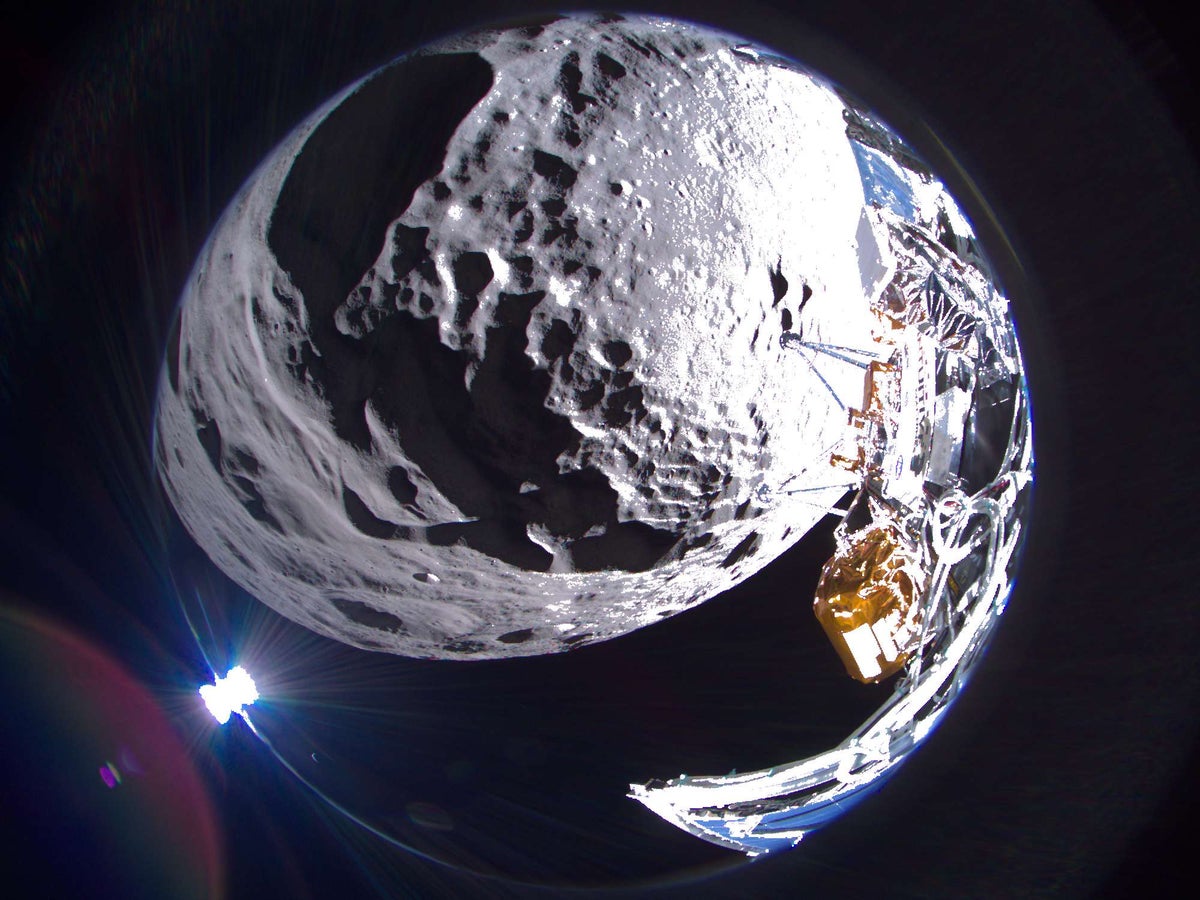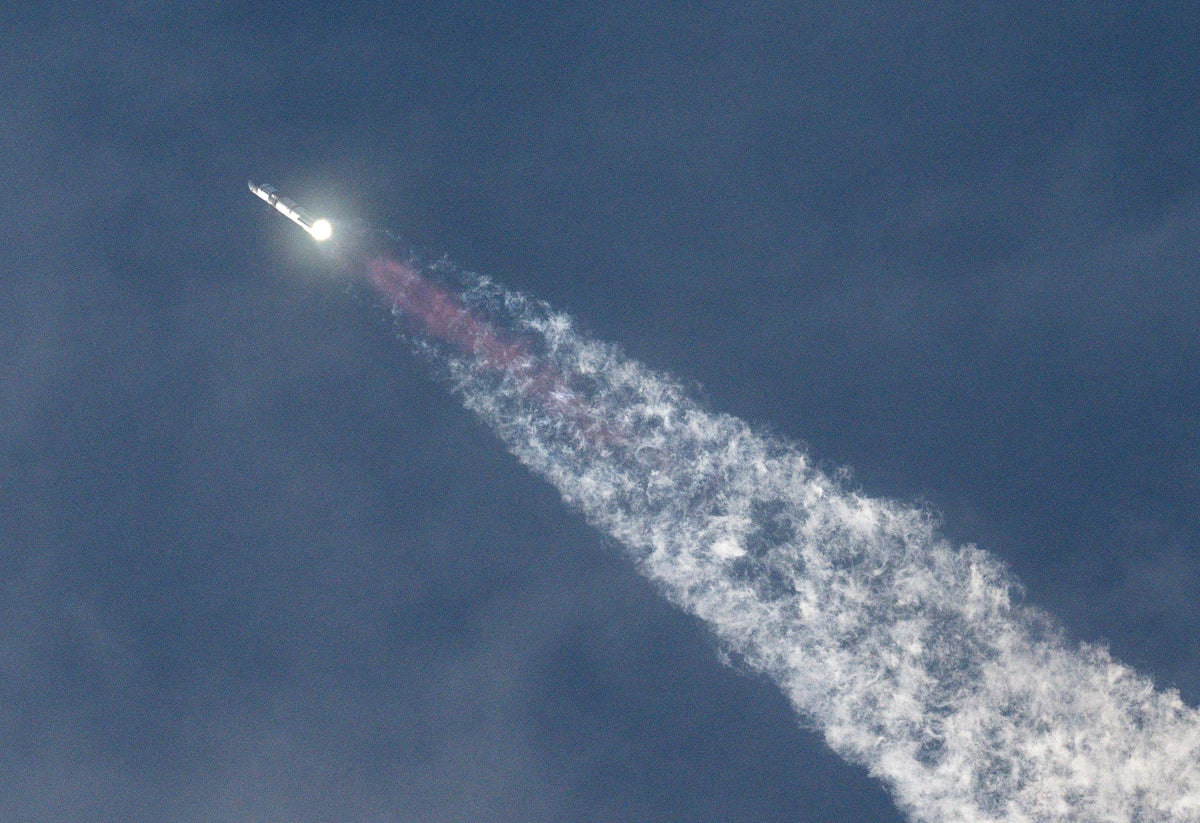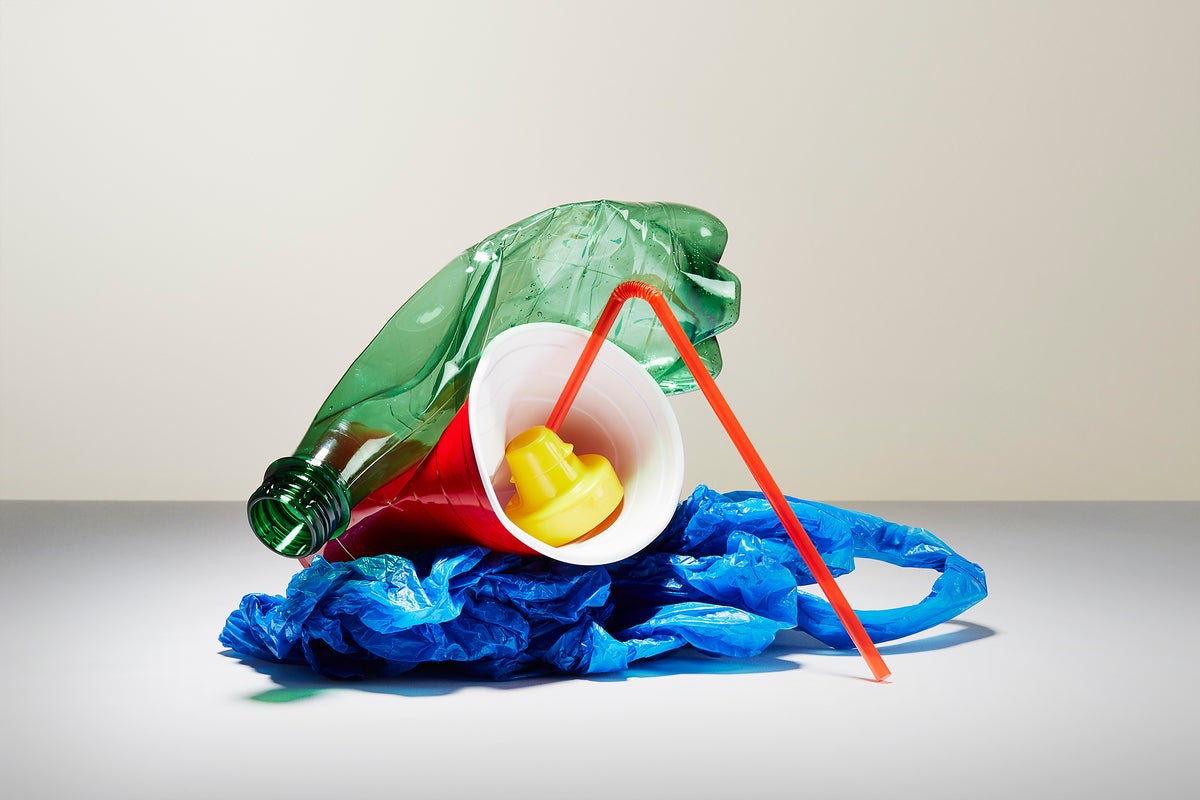It has been a rough-and-tumble start for hurling hardware and science experiments to the moon under NASA’s Commercial Lunar Payload Services initiative, dubbed CLPS. Under CLPS, American vendors have been contracted to assist the space agency in revitalizing the nation’s lunar exploration capabilities, all in preparation for a crewed lunar landing at the lunar south… Continue reading In NASA’s Push for the Moon, Commercial Partners Soar—And Stumble
Tag: Quantum Stuff
SpaceX’s Starship Rocket Reached Record Heights before It Was Lost
SpaceX’s Starship Rocket Reached Record Heights before It Was Lost SpaceX lost both the booster and vehicle in a test launch of its massive Starship rocket. But the third try was the charm for Starship, which smoothly separated in its most successful flight to date By Josh Dinner & SPACE.com The SpaceX Starship spacecraft lifts… Continue reading SpaceX’s Starship Rocket Reached Record Heights before It Was Lost
How Is Flocking Like Computing?
Birds flock. Locusts swarm. Fish school. Within assemblies of organisms that seem as though they could get chaotic, order somehow emerges. The collective behaviors of animals differ in their details from one species to another, but they largely adhere to principles of collective motion that physicists have worked out over centuries. Now, using technologies that… Continue reading How Is Flocking Like Computing?
The Social Benefits of Getting Our Brains in Sync
When Dikker and her colleagues analyzed the results, published in 2021, they found that pairs who knew they were seeing neurofeedback grew more in sync over time — an effect driven by their motivation to stay focused on their partner, the researchers explained. More importantly, their heightened synchrony increased how socially connected the pair felt.… Continue reading The Social Benefits of Getting Our Brains in Sync
Merging Fields, Mathematicians Go the Distance on Old Problem
In a way, the integer distance problem was a victim of its own early successes. The hyperbola proof, with its ingenious simplicity, is emblematic of the philosophy espoused by Erdős, a highly influential mathematician who often spoke of “The Book” — an imagined volume of the most elegant proofs in mathematics. The culture of simplicity… Continue reading Merging Fields, Mathematicians Go the Distance on Old Problem
Brain’s ‘Background Noise’ May Explain Value of Shock Therapy
Electroconvulsive therapy has a public relations problem. The treatment, which sends electric currents through the brain to induce a brief seizure, has barbaric, inhumane connotations — for example, it was portrayed as a sadistic punishment in the film One Flew Over the Cuckoo’s Nest. But for patients with depression that does not improve with medications,… Continue reading Brain’s ‘Background Noise’ May Explain Value of Shock Therapy
First Comprehensive Plastics Database Tallies Staggering 16,000 Chemicals—And It’s Still Incomplete
First Comprehensive Plastics Database Tallies Staggering 16,000 Chemicals—And It’s Still Incomplete A massive new dataset highlights more than 4,200 plastic chemicals linked to health and environmental risks. But scientists say there are still large gaps in the scientific understanding of plastic ingredients By Katherine Bourzac Credit: Richard Drury/Getty Images Plastics are inescapable. That soda bottle… Continue reading First Comprehensive Plastics Database Tallies Staggering 16,000 Chemicals—And It’s Still Incomplete
Doubts Grow About the Biosignature Approach to Alien-Hunting
In 2020, scientists detected a gas called phosphine in the atmosphere of an Earth-size rocky planet. Knowing of no way that phosphine could be produced except through biological processes, “the scientists assert that something now alive is the only explanation for the chemical’s source,” the New York Times reported. As “biosignature gases” go, the phosphine… Continue reading Doubts Grow About the Biosignature Approach to Alien-Hunting
Michel Talagrand Wins Abel Prize for Work Wrangling Randomness
Random processes take place all around us. It rains one day but not the next; stocks and bonds gain and lose value; traffic jams coalesce and disappear. Because they’re governed by numerous factors that interact with one another in complicated ways, it’s impossible to predict the exact behavior of such systems. Instead, we think about… Continue reading Michel Talagrand Wins Abel Prize for Work Wrangling Randomness
How Chain-of-Thought Reasoning Helps Neural Networks Compute
Your grade school teacher probably didn’t show you how to add 20-digit numbers. But if you know how to add smaller numbers, all you need is paper and pencil and a bit of patience. Start with the ones place and work leftward step by step, and soon you’ll be stacking up quintillions with ease. Problems… Continue reading How Chain-of-Thought Reasoning Helps Neural Networks Compute


